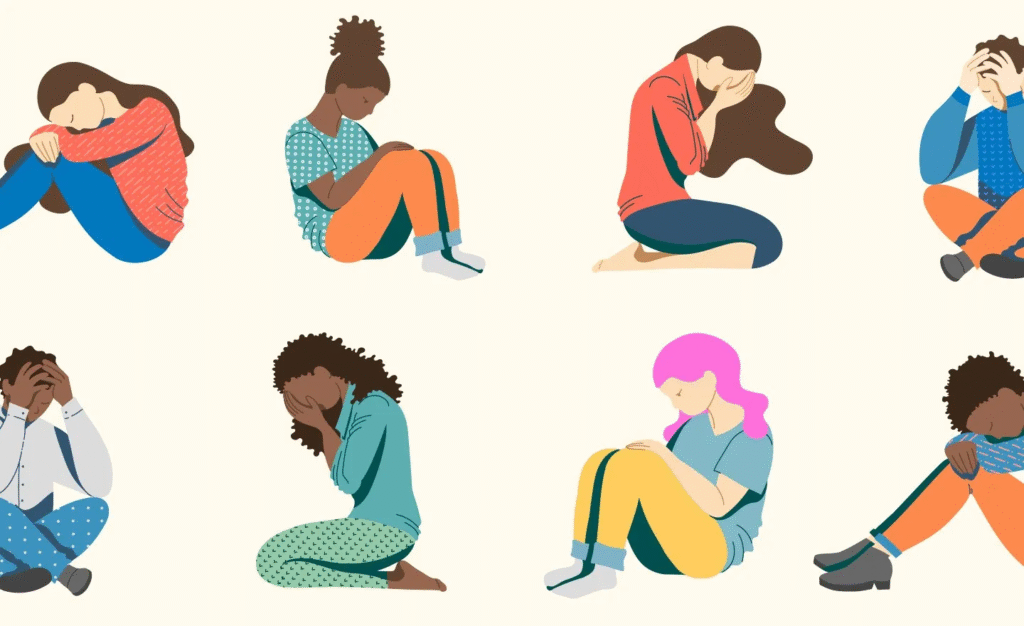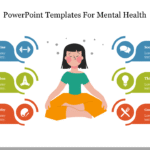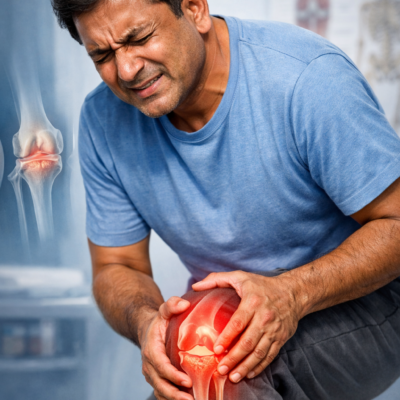Introduction
Mental health is just as important as physical health, yet it often doesn’t receive the attention it deserves. In a fast-paced world where stress, anxiety, and depression are increasingly common, raising awareness about mental. health has become crucial. Mental_ health includes our emotional, psychological, and social well-being. It affects how we think, feel, and act, and it also helps determine how we handle stress, relate to others, and make choices.
**********************************************************************************
What is Mental Health?
Its refers to a person’s emotional, cognitive, and psychological well-being. It influences how individuals handle stress, interact with others, and make decisions. Good mental. health enables people to realize their full potential, work productively, and cope with the stresses of life.

Common Mental Health Disorders
You’ve listed some common its disorders. Here’s a brief overview of each:
Depression
- Persistent sadness: Feeling sad, empty, or hopeless for an extended period
- Loss of interest: Disinterest in activities or hobbies that once brought enjoyment
- Hopelessness: Feeling like things will never get better
Anxiety Disorders
- Excessive fear: Feeling anxious or fearful about everyday situations or specific events
- Worry: Uncontrollable worry about things that might happen
- Nervousness: Feeling on edge or having physical symptoms like rapid heartbeat or trembling
Bipolar Disorder
- Extreme mood swings: Experiencing emotional highs (mania or hypomania) and lows (depression)
- Mania: Feeling extremely happy, energetic, or irritable
- Depression: Feeling sad, empty, or hopeless
Schizophrenia
- Disruptions in thought processes: Difficulty thinking clearly or logically
- Perceptions: Experiencing hallucinations (hearing or seeing things that aren’t there) or delusions (believing things that aren’t true)
- Emotions: Feeling flat or disconnected from emotions
PTSD (Post-Traumatic Stress Disorder)
- Trauma response: Developing symptoms after experiencing a distressing event
- Flashbacks: Reliving the traumatic event
- Avoidance: Avoiding people, places, or things that remind you of the event
- Hypervigilance: Feeling constantly on guard or alert
These are just brief summaries, and each person’s experience with these disorders can be unique. If you or someone you know is struggling with mental health, it’s essential to seek help from a qualified professional.
**********************************************************************************
Causes of Mental Health Issues
- Biological factors (genetics, brain chemistry)
- Life experiences (trauma, abuse)
- Family history of mental health problems
- Chronic stress and unhealthy lifestyles
- Substance abuse

Symptoms of Poor Mentals Health
- Withdrawal from friends and activities
- Significant tiredness or low energy
- Feeling helpless or hopeless
- Extreme mood changes
- Difficulty sleeping or sleeping too much
- Suicidal thoughts or behaviors
*********************************************************************************
Importance of Mental Health Awareness
- Reduces stigma associated with mental illness
- Encourages early diagnosis and treatment
- Improves quality of life
- Supports productivity and relationships
- Prevents suicide and self-harm
How to Take Care of Your Mental Health
Taking care of your mental. health is just as important as taking care of your physical health. Here are some tips to help you prioritize your mental well-being:
Self-Care
- Get enough sleep: Aim for 7-8 hours of sleep per night to help regulate your mood and emotions.
- Exercise regularly: Physical activity can help reduce stress and anxiety.
- Eat a balanced diet: Focus on whole, nutritious foods to support your mental health.
- Practice relaxation techniques: Try activities like meditation, deep breathing, or yoga to calm your mind.
Social Connections
- Stay connected with loved ones: Nurture your relationships with family and friends.
- Join a community: Connect with others who share similar interests or experiences.
- Seek support: Reach out to a trusted friend, family member, or mental health professional when you need help.
Stress Management
- Identify your stressors: Recognize what causes you stress and develop strategies to manage it.
- Take breaks: Make time for activities that bring you joy and relaxation.
- Practice time management: Prioritize tasks and set realistic goals to reduce feelings of overwhelm.
Mindfulness
- Focus on the present: Practice mindfulness techniques to stay present and focused.
- Let go of negative thoughts: Challenge negative self-talk and try to reframe unhelpful thoughts.
- Practice gratitude: Reflect on things you’re thankful for each day.
Seeking Help
- Don’t be afraid to ask for help: Reach out to a mental health professional if you’re struggling with your mental health.
- Know your resources: Familiarize yourself with local mental health resources and support services.
- Prioritize your mental. health: Make your mental health a priority and take steps to protect it.
By incorporating these tips into your daily life, you can take proactive steps to support your mental health and well-being.
*******************************************************************************
Role of Society in Promoting Mental Health
- Schools and colleges can incorporate mental health education.
- Workplaces can provide stress management programs and counseling.
- Governments can fund awareness campaigns and mental health services.
- Media should portray mental health issues responsibly.
*******************************************************************************
Mental. Health in Children and Teenagers
Young people are vulnerable to emotional and behavioral issues due to academic pressures, social dynamics, and family problems. Signs include:
- Academic decline
- Anger or irritability
- Changes in eating or sleeping habits
- Self-harm or suicidal thoughts

*********************************************************************************
Mental Health and Social Media
Social media can have both positive and negative effects:
- Positive: Connection with peers, access to support
- Negative: Cyberbullying, comparison, addiction, FOMO
********************************************************************************
Mental Health and COVID-19
The pandemic triggered a global mental health crisis:
- Isolation and loneliness
- Loss of income or loved ones
- Increased stress, anxiety, and depression
- Importance of online therapy and helplines during lockdowns
**********************************************************************************
When to Seek Help
- If symptoms persist for more than two weeks
- When daily functioning is affected
- If thoughts of self-harm or suicide arise
- Don’t wait—early help leads to better recovery
Helplines and Support Services (India Example)
- iCall (TISS): +91 9152987821
- AASRA: +91 9820466726
- Snehi: +91-9582208181
- Vandrevala Foundation: 1860 266 2345
***********************************************************************************
Conclusion
Mental health matters. It is essential to talk about it openly, support those struggling, and encourage a compassionate and informed approach to treatment. By spreading awareness, we can break the stigma and create a healthier, more empathetic society.
**********************************************************************************
https://www.mentallyhealthyschools.org.uk/getting-started/whats-mental-health/
https://pram123.com/mental-health-awareness-symptoms-causes-coping-tip/
**********************************************************************************











